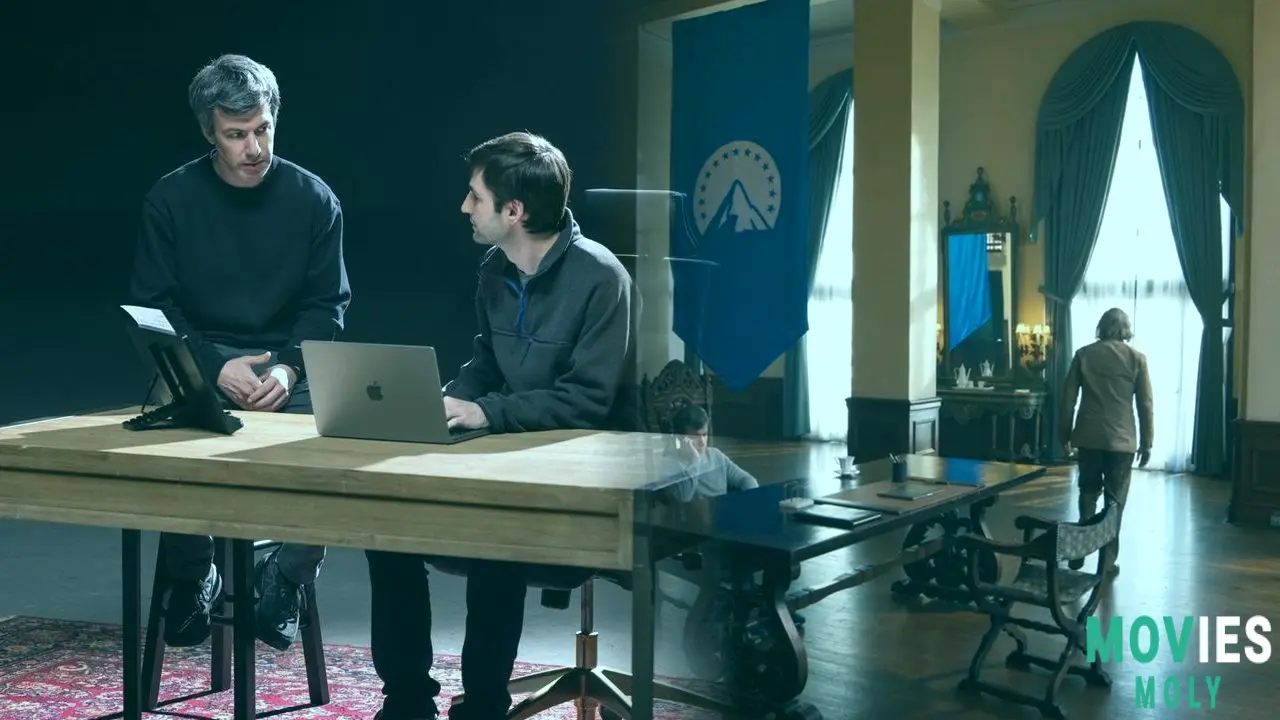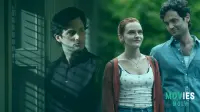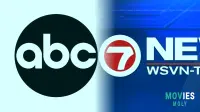Few creators in modern television navigate the labyrinth of tone, intent, and audience perception as deftly—and defiantly—as Nathan Fielder. With the second season of The Rehearsal now in full swing on HBO, Fielder isn’t just returning to form; he’s ascending to a new echelon of cultural commentary through the very medium that once confined him: comedy.
How Nathan Fielder Transformed Censorship Into a Storyline Straight Out of a Comic BookIn an industry where image often trumps impact, Fielder has weaponized his platform to confront one of the most surreal and sensitive controversies of his career. The removal of a Nathan for You episode from Paramount+ — specifically the 2015 “Horseback Riding / Man Zone” — isn’t just a footnote in his latest work. It’s the catalyst for a multi-layered exposé on censorship, creative freedom, and the uncomfortable spaces art must sometimes inhabit to provoke meaningfully.
What makes this sting so sharp—and so Fielder—is how he turns the very suppression of his past work into material for The Rehearsal. In the episode titled “Star Potential,” Fielder doesn’t merely lament the episode’s removal. He reenacts his outreach to Paramount+ through an actor, repeating his own emails with carefully calibrated civility. (“Happy holidays,” he says, even as he’s grieving the erasure of one of his most Jewish and most impactful creations.)
It’s a move that feels plucked from the playbooks of Marvel’s most self-aware antiheroes or the layered rhetoric of Inception-style storytelling. Fielder is no longer just commenting on censorship—he’s embedding it into his narrative structure, turning corporate gatekeeping into a character he can interrogate, bait, and expose.
The Summit Ice Origin Story That Became a Real-Life Superhero Campaign Against Intolerance
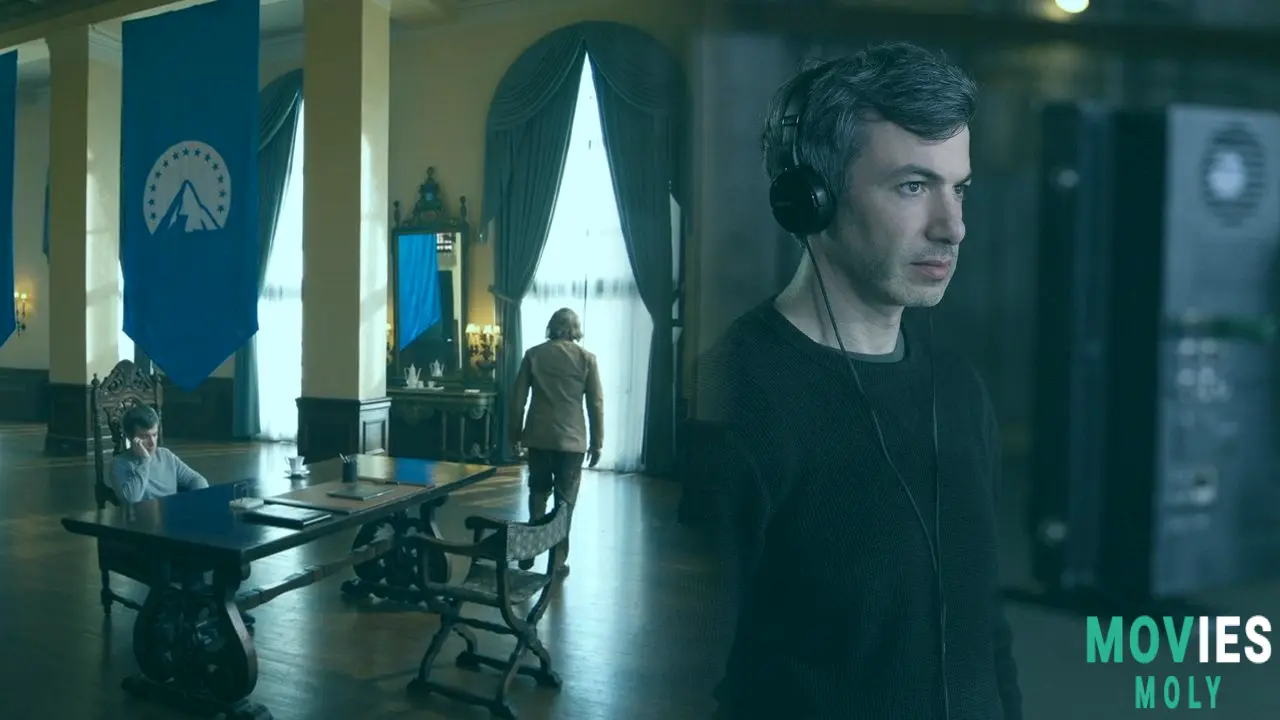
For fans of Nathan for You, the Summit Ice apparel brand is nothing short of an origin story. What began as a comedic gambit—turning outdoor gear into a vehicle for Holocaust awareness—evolved into a real-world nonprofit that has raised millions for education about genocide and intolerance. And Fielder, who created the brand on the fly, calls it his “proudest achievement.”
The irony is as sharp as a Wolverine claw. An episode that once sat comfortably in the gray zone of comedic provocation is now being censoriously policed, not for what it says, but for how it says it. The “Horseback Riding / Man Zone” episode features Fielder partnering with a rabbi to deliberately deploy Holocaust imagery in marketing—swastikas, gas chamber references, the “Arbeit Macht Frei” sign—with the express goal of combating Holocaust denial through shock and education.
And it worked. Jack Black, John Mayer, and countless others wore Summit Ice jackets. The sales soared. The message landed. Yet, decades later, in the wake of geopolitical turmoil, the episode is deemed too sensitive to air. The very episode that fought against antisemitism with creative ferocity is now being hidden under the guise of sensitivity.
Turning a Nazi War Room Into a Stage for Ethical Confrontation and Artistic Reflection
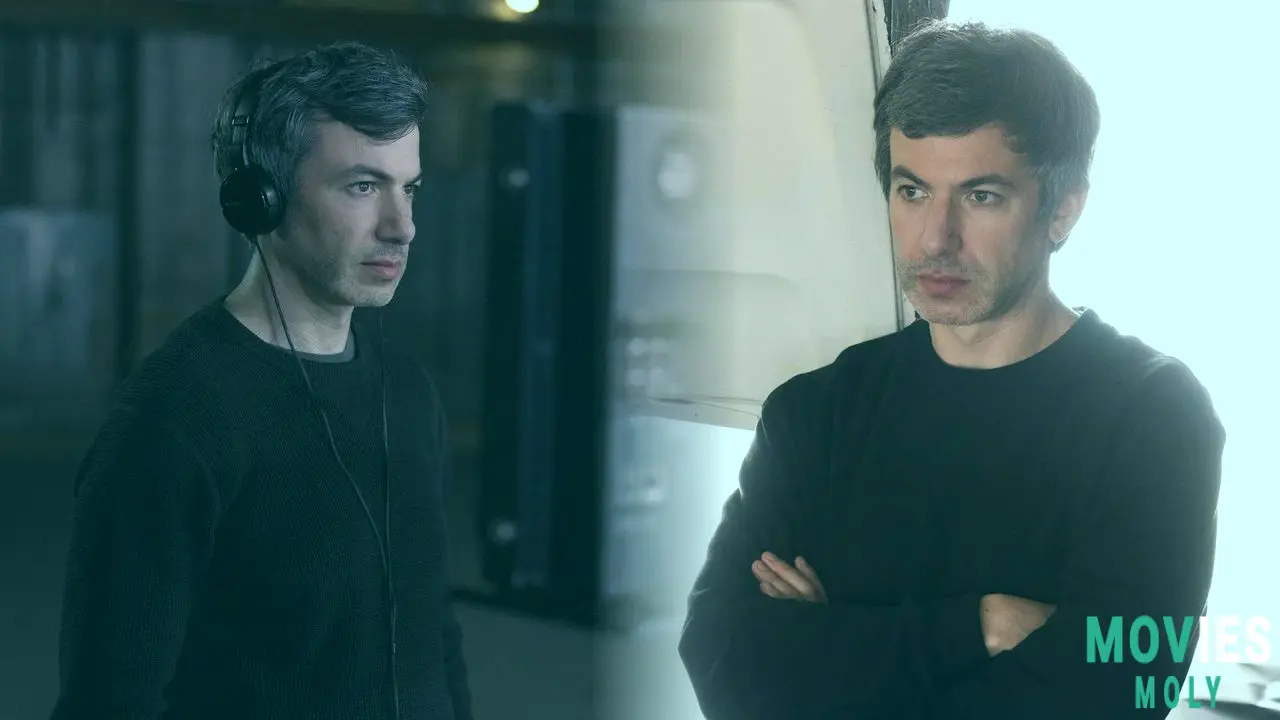
In a move that is equal parts dramatic theater and ethical experiment, Fielder stages a confrontation with an actor playing a Paramount+ German executive. The set is designed to evoke a Nazi war room. The actor is dressed—intentionally provocatively—as a Nazi. It’s a gambit that risks misinterpretation but, in true Fielder fashion, aims to pierce the heart of a complex issue: how do you engage with an institution when the only tool they give you is censorship?
“Let me guess,” Fielder says in the scene, “you feel so much shame about what you did in the past that now you’re overcompensating by censoring Jewish artists?” It’s a loaded line, but one that forces a reckoning. And when the actor breaks character to call out Fielder’s own insincerity, the moment becomes something deeper—a mirror held up to the nature of discourse itself.
“This is not sincere,” the actor says. “Just a man with a grudge using his television show to smear us instead of trying to understand us.”
Fielder’s response? He lets it stand. Because the truth, in this case, isn’t about winning a debate. It’s about exposing how easily sincerity can be weaponized—and how often it’s used to silence instead of engage.
Nathan Fielder Isn’t Just Making TV—He’s Creating a New Genre of Cultural Vigilantism
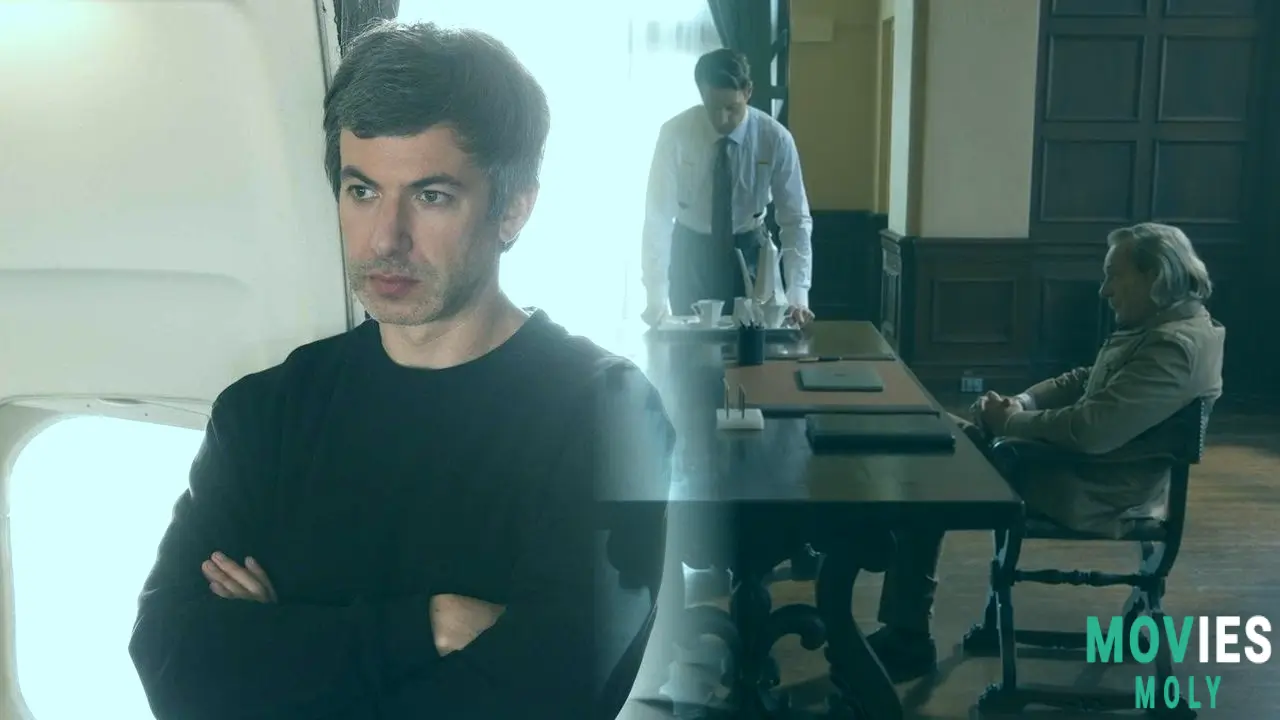
What separates Nathan Fielder from most creators is his willingness to enter the ethical ring with nothing but deadpan delivery and hyper-specific setups. He doesn’t punch down. He doesn’t settle for obvious targets. Instead, he dances with institutions, ideologies, and audience expectations, turning every episode into a mission squarely aimed at the intersection of humor and humanity.
Fielder’s work on The Rehearsal — especially this latest season — feels like the evolution of a character from Logan or The Dark Knight into a full-fledged cultural avenger. He’s not smashing logos or buildings. He’s dismantling PR speak, exposing corporate cowardice, and giving Jewish artists (and all artists) a blueprint for how to reclaim their narratives when they're being sanitized.
In a media landscape obsessed with palatability, Nathan Fielder is the genre hero we didn’t know we needed. Not with a cape, but with a camera. Not with force, but with foresight. And most importantly, not with anger—but with impeccable, unbreakable form.

